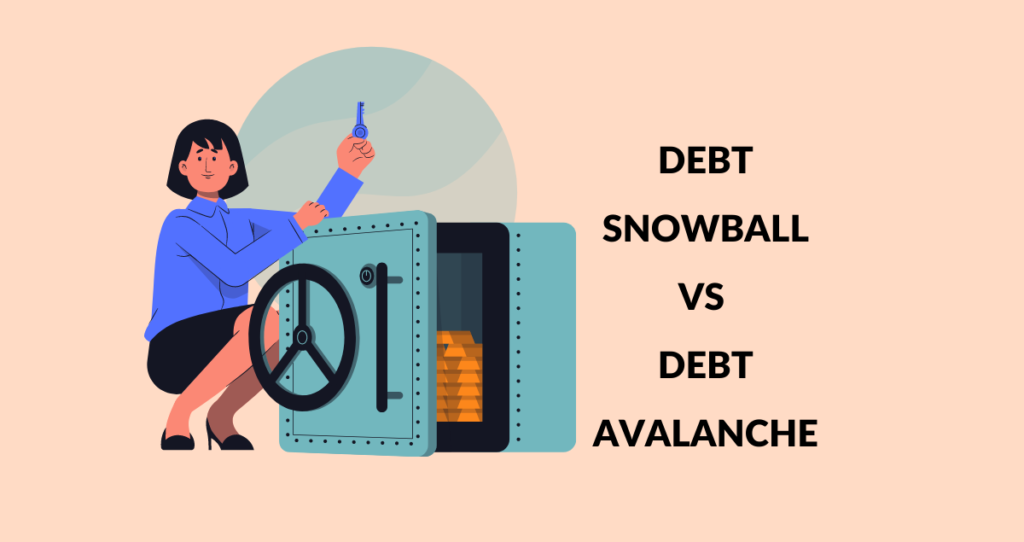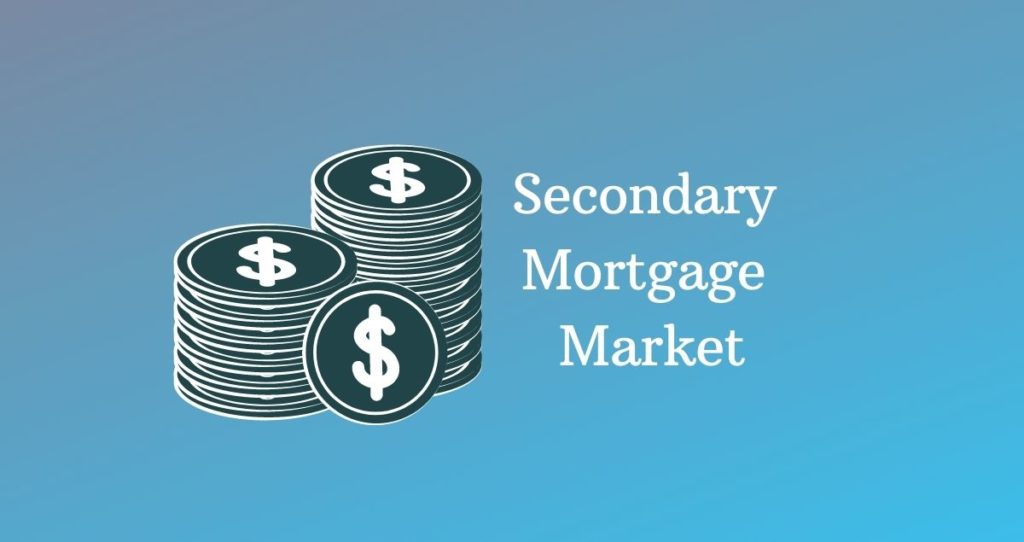A good credit limit is beneficial as it gives you extra funds to cover your financial needs. For example, if you have a tight budget or a low income, a higher credit limit can give you the additional financial support you need. Some credit cards come with a low credit limit such as $200. Others, however, have dozen of thousands in credit limits. With this wide range in credit limits, what is considered to be a reasonable credit limit on a credit card?
credit card issuers give you a credit card limit based on your credit history, current income, other debts you have, credit score, etc. A lender cannot give you a higher credit limit if you are not financially fit to pay it off. Most lenders will start you at a lower credit limit to access your financial habits.
A person who is starting out will have a lower credit limit compared to experienced users. As you use your credit cards and pay off your balances, your card issuer will automatically increase your credit limit. You can also request for credit limit increase to speed up the process.
Related: How to increase credit limit? Credit line increase
What is a credit limit?
Each credit card you get approved for comes with a limited amount you are allowed to spend on it. Once all the available credit is spent you must pay off your balances before you can use your card again. Credit cards are a form of revolving credit since you repeatedly use the available credit limit and pay off due balances.
In short, a credit limit is a total amount you are allowed to spend on each credit card. For example, if your credit card has a credit limit of $1,000, you can spend up to $1,000. After spending all available credit, you must pay off some or all of the money you spent before using your card again.
What is a good credit limit on a credit card?
The credit limit on each credit card varies from one borrower to another. The limit also varies from one credit card to another. In order words, one card will have different ranges and a person with the best credit profile will get approved for a higher limit on that credit card range. The lender will assess your creditworthiness by checking your credit file, current debts, income, credit score, etc. The results of this evaluation will determine if you qualify for a credit card and your credit limit.
For this reason, you won’t know what your credit limit on a credit card will look like until you have been approved and received your card.
Not every credit card comes with a higher credit limit
Some credit cards have low credit limits because they are designed for people who are rebuilding their credits. Others are designed for starters or people with no credit at all. For example, student credit cards have low limits due to less credit experience and the credit history of intended users. Most college student credit cards come with a limit of $1,000 or lower. However, the student credit card limit can go as high as $5,000. A low limit on these cards is designed to show lenders that you can manage debt. It also gives you a chance to build a credit history. As you use the card and pay it off on time, you will qualify for a higher credit limit.
With that being said, if your limit on student credit cards is close to $1,000, then your credit limit will be considered reasonable. This is because your limit will be higher than the average credit limit on student credit cards.
Beyond starter credit cards
There are credit cards that are designed to have higher limits by default. These designs depend on the intended usage and industry. For example, in the cashback credit cards category, the highest credit limit is $24,000. Even if the limit is this high, it does not mean you will qualify for that limit in this category. What you can do is compare your credit limit with the average credit limit in that particular category. If your credit limit is equal to or higher than the average credit limit in your industry, then it will be safe to say that you have a reasonable credit limit.
What is the average credit card limit in general?
The average credit card limit in all industries is much higher than what most consumers have. According to the data compiled by Experian, the average credit card limit in 2020 was $30,365 across all industries which was a 3% increase from the previous year.
If you compared your cashback credit card with the average of all credit card limits, you will realize that your credit limit is probably 10% of the total industry average. This does not mean you don’t have a reasonable credit limit. The limit and ranges on each credit card depend on the:
- Industry
- Intended usage
- Age range, and
- Income levels
In addition, people who are rebuilding their credit or have no experience at all can affect the average credit card limit. This is because when you have bad credit or no credit experience at all, lenders give you a much lower credit limit which gets increased as you rebuild your credit and credit history.
If you want to know whether or not you have a reasonable credit limit, compare your card limit with the average limit in your industry. Having a credit limit that is higher than average makes your credit limit good. That is you have a higher credit limit than the average population in that industry.
A good credit limit is one that satisfies your financial needs
Although some people dream of having a higher credit limit or want to obsessively increase their line of credit, having a higher credit limit might not work in your favor. At the end of the day, the limit you qualify for is debt.
Every penny you spend on your credit card is a debt that must be paid with a higher annual percentage rate(APR). The more money you qualify for, the more you can spend on that credit card which could potentially lead to credit card debts.
Higher credit limits are good for people who are
- Financially responsible,
- Know how to manage their debts,
- Have higher incomes, and
- Have built a solid credit history.
If you don’t fit these criteria, then a higher credit limit will not do you good.
Before you apply for a higher credit limit, consider your current financial standing. Do you want to accumulate more debt? The answer to this question should always be a NO. Most people spend more as they make more money or as their credit limits increase. This leads to financial struggles down the road.
For this reason, a good credit limit is one that meets your financial needs. If you need a credit card to help you buy groceries, and restaurants, and save money on gas, a cash-back credit card with a $1,500 credit limit will be reasonable for you. It does not compare to the $30,365 average across all industries. But, it helps you meet all your financial needs without adding stress to your finances.
How do credit card issuers determine your credit limit?
When it comes to determining the limit on your credit cards, credit card issuers rely on a number of factors. Some of these factors will depend on the industry limits on that particular credit card and its sector. Others, however, will depend on your current financial standing and credit history.
The following are factors that credit card issuers consider when determining your credit limit.
- Your credit history. Your credit history shows how you behave when it comes to credit. Any credit activity on your credit reports such as borrowing money, payment history, late payments, collections, etc., will all be part of your credit history. Your credit history also shows how long you have been using credit. The longer you have used credit and behaved, the better.
- Your credit score. A credit score is another major factor that helps lenders to determine your credit limit. All information related to your credit accounts gets reported to major credit bureaus(Equifax, TransUnion, and Experian). After receiving your information, major credit bureaus make your credit reports and calculate your credit scores using credit scoring models. If you have a good credit score, you may qualify for a reasonable credit limit on your credit card. With a bad credit score, you might be denied credit or have a low credit limit especially if you are rebuilding your credit.
- Current income. Credit cards are a form of revolving debt and your ability to pay it off is very important. That is why you need to make money. The higher your income, the more credit card limit you will qualify for.
- Economic conditions. When things are not looking good economically, lenders tend to hold onto their money. In order words, they minimize risks by giving less credit.
- The intention of the credit card. Each credit card has specific usage and what the company expects to receive in return. So, your approval rate will depend on the goals and policies of the company regarding that credit card.
- Debt to income ratio(DTI ratio). The debt-to-income ratio is the ratio of your monthly debt payment to your income. A higher ratio shows that you currently have a lot of debt compared to your income. This makes it difficult for you to take on more debt. That is why you may be denied more credit limits or get a much lower limit compared to the average person in a similar category.
- Your history with the credit issuer. How long you have been with the company affects your approval rate and the credit limit you get. If you have a good history with your card issuer, you will more likely qualify for a good credit limit compared to what new customers qualify for.
How to get a higher credit limit on a new account?
If you are applying for a new credit card or starting out, understand that there are many factors that will affect your eligibility and the credit limit you will get. Just like any debt, you will need to justify your eligibility for a higher credit limit.
In order to get a reasonable credit limit on a new credit card, you need to do the following.
- Build your credit. The health of your credit is very important. No lender wants to give you money if you just declared bankruptcy, had a foreclosure, or have accounts in collections. Keep your record clean and make sure that all your information is correct and updated by cleaning up your credit reports.
- Apply for the right credit card. Do not just go out there and apply for any credit card simply because it has a higher credit limit. Evaluate what you want to do with the card and apply for what you qualify for in that industry.
- Increase your credit score. creditors use your credit score to determine your creditworthiness. With a good credit score, you will qualify for a higher credit limit with better terms.
- Reduce credit utilization on existing credit cards. Lenders do not like it when you spend all your credit limits. If you have existing credit cards, reduce your utilization to under 30%.
- Have proof of employment. You cannot qualify for a higher credit limit without an income. You need to have a job that will help you pay off that high limit you are applying for.
- Pay off some of your debts. By eliminating some of your debts, you will directly reduce your DTI ratio. A low DTI ratio will increase the odds of locking in a higher credit limit. The rule of thumb is to keep your DTI ratio to under 28%.
How to increase your credit limit on an existing credit card?
If you have been using your credit card for a while, you can qualify for a credit limit increase.
The process of increasing your credit limit is simple and straightforward. The following are some of the tips you can use to increase your credit limit on existing credit cards.
- Submit a credit increase application. You can complete this process inside your account online. Each card provider lets you create an account and have options where you can request a higher line of credit.
- Call your card provider. Contact the card issuer and request a credit limit increase
- Let the card issuer increase your credit limit automatically. As you use your credit card, the lender will increase your credit limit automatically (assuming you use the card responsibly).
- Update your income information. Most credit card issuers increase your credit limit as your income goes higher.
The bottom line
A reasonable credit limit is one that helps you meet your current financial needs. You can also evaluate whether you have a good limit by comparing your limit with the average credit limit in your industry. If yours is much lower it might be due to a lot of debts, your income is not high, your credit history is low, or have a low credit score. Starter credit cards also come with a low credit limit.
Even if you have a $1,000 credit limit, it does not mean your credit limit is not good. This limit can be considered reasonable especially if you have a starter credit card. A high credit limit might not be beneficial for you. It will all depend on your current financial standing and what you need the credit card for.
You can always increase your credit limit by becoming a good credit card user. That is your focus on paying your bills on time, reducing your credit utilization, avoiding negative items on your credit reports, and keeping a low DTI ratio.







